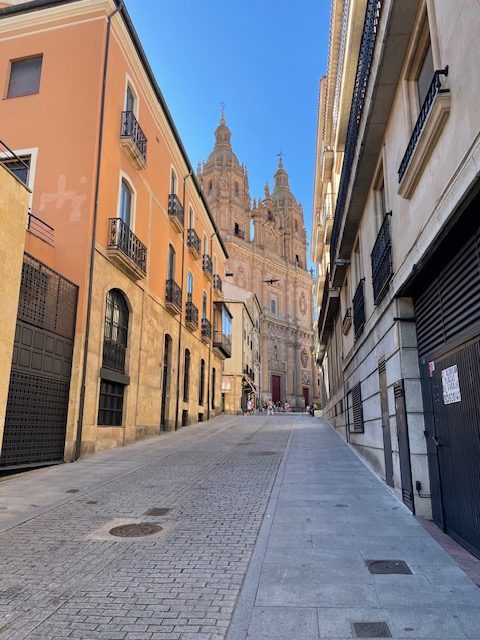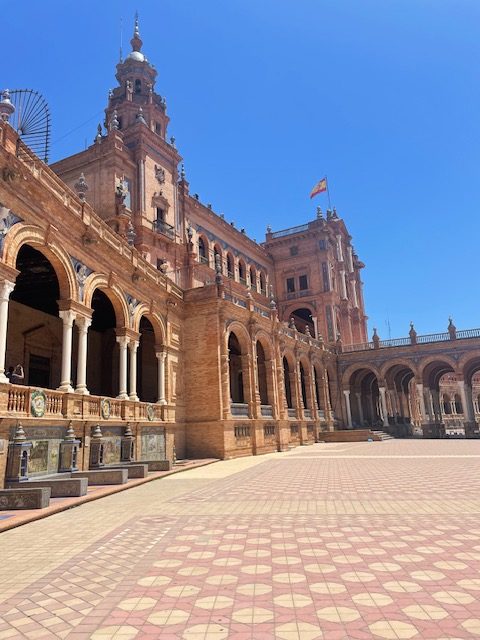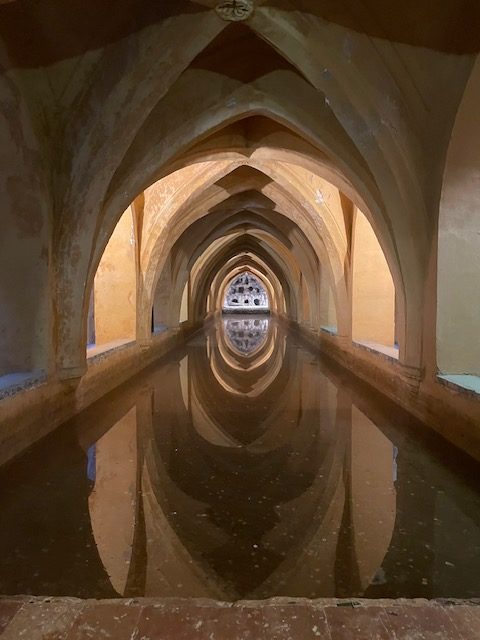
Now that I’m at the end of my time in Spain, I think it’s interesting to reflect on the differences between American and Spanish culture using these specific indices. When I first arrived, I didn’t feel like I experienced much culture shock and actually thought the differences I observed were relatively minor. However, studying them in the context of Hofstede’s cultural dimensions helps me better categorize and articulate the underlying differences that influence the behaviors I’ve observed.
To start, I think the U.S. (unlike Spain) would fall more on the achievement side of the achievement – nurturance index. Though I didn’t have a job in Spain, the general work-life dynamic strikes me as a large difference between the two countries. In the U.S., there seems to be a lot more emphasis on working hard to reach a particular goal, such as a promotion, award, or certain level of income (which might enable you to afford certain personal goals). People tend to work long hours during the work week, and it’s not unusual for people to even work on the weekend depending on the industry. On the other hand, compared to the U.S., I think Spain would fall more on the nurturance side of the spectrum. There seems to be a more leisurely attitude towards work, with the days often organized to allow for a break in the afternoons. Instead, the priority seems to be personal pleasure or enjoyment. For example, my teachers told me it’s quite normal to go to a local bar with your colleagues after work regularly, and people go out to clubs all throughout the week instead of just Fridays and Saturdays. The general mindset seems to be to fit work into your life, rather than life into your work as often happens in the U.S. I don’t necessarily think that one is better than the other, but it’s interesting to see the difference. It also might overlap with the short and long term time orientation index, as work in the U.S. is often oriented towards future goals or benefits, whereas life in Spain might be more focused on enjoying the present moment.
In addition, I think Spain would fall further on the indulgence side of the indulgence – restraint spectrum than the U.S. would. Based on my experience, there seems to be a greater openness in Spain to express in public what would be considered more private emotions in the U.S. (In past blog posts, I’ve discussed my experiences with frequent PDA and an acceptance of staring that surprised me).
I think both of these differences might help explain the general stereotypes that people in each country seem to hold about the other. For example, I believe that Americans are often seen as workaholics in countries that might be more nurturance oriented, but I think this simply reflects different priorities among different cultures and variations in the way people seek satisfaction. Overall, I’ve really enjoyed my time in Spain and the ways it’s allowed me to experience a different culture!








